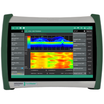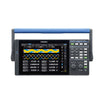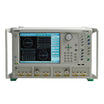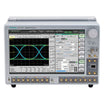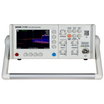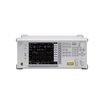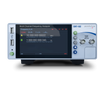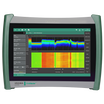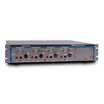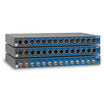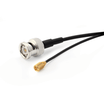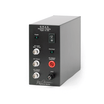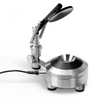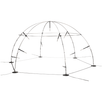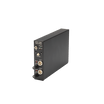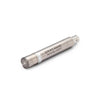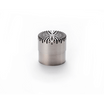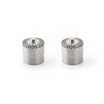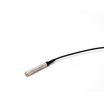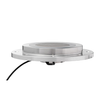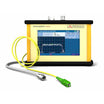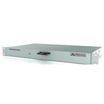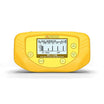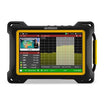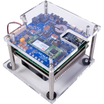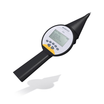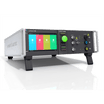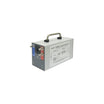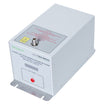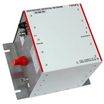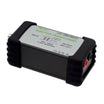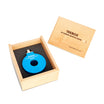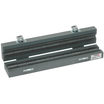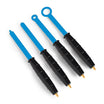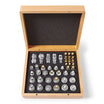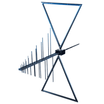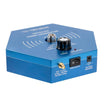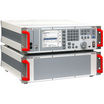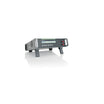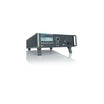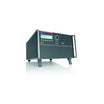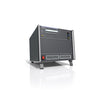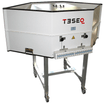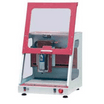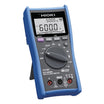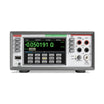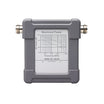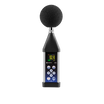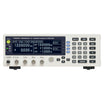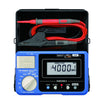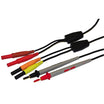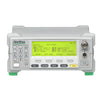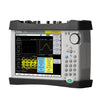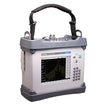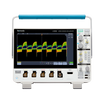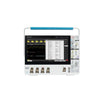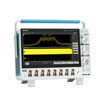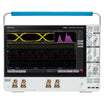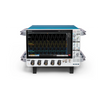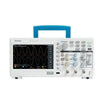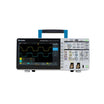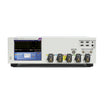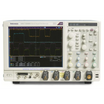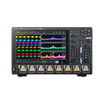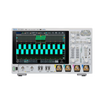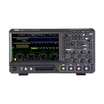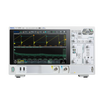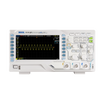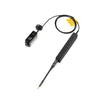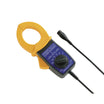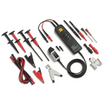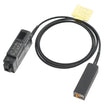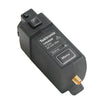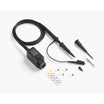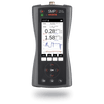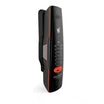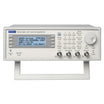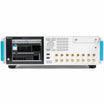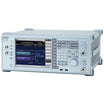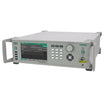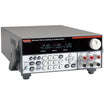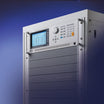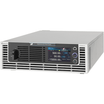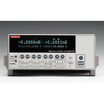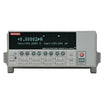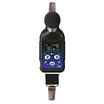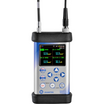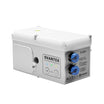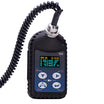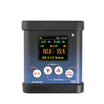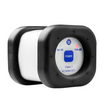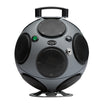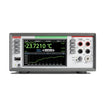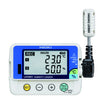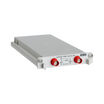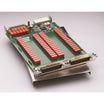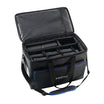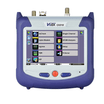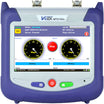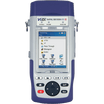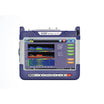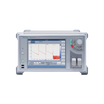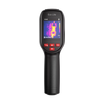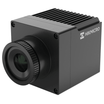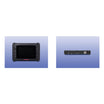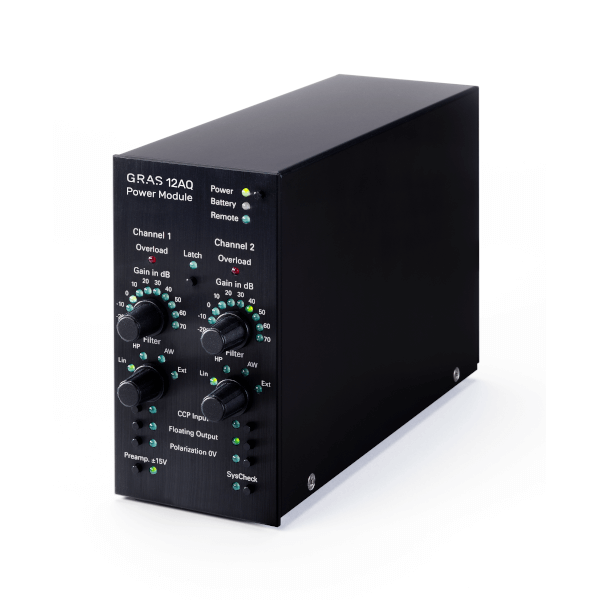
GRAS 12AQ 2-Channel Universal Power Module with signal conditioning and PC interface
Use our chat for technical support or contact us via +45 31 33 18 19 or salg@GOmeasure.dk
It has facilities for both manual control and remote control. Manual control is via its front-panel switches and push-buttons. Remote control is via its RS232 interface.The 12AQ is for general use in acoustic measurements as well as for intensity measurements; both in the laboratory and in the field.
Discover the possibilities
More information
Description
GRAS 12AQ 2-Channel Universal Power Module with signal conditioning and PC interface
Typical applications and use
- General-purpose dual-channel precision measurements
- Intensity measurements
- Standard and custom signal conditioning
- Manual and digital control
- CCP and traditional power supplies
- 0 V or 200 V polarization
Design
It has facilities for both manual control and remote control. Manual control is via its front-panel switches and push-buttons. Remote control is via its RS232 interface.The 12AQ is for general use in acoustic measurements as well as for intensity measurements; both in the laboratory and in the field.
Traditional Preamplifiers
For traditional preamplifiers such as 26AL (1/4") or 26AJ and 26AH (1/2"), the 12AQ provides:- Voltage supply (± 15 V or ± 60 V) for powering up to two microphone preamplifiers
- Polarization voltage (200 V or 0 V) for two condenser microphones
- SysCheck * signal (1000 Hz) for calibration checks
CCP Preamplifiers
For CCP (constant-current power) preamplifiers such as 26CB and 26CC (1/4") or 26CA and 26CF (1/2"), the 12AQ provides a constant current supply (4 mA) sourced at 28 V DC for two CCP microphone preamplifiers.Signal Conditioning
Each channel can be set-up independently in terms of gain, filter, input, output and polarization voltage.Gain
The gain can be set from – 20 dB to 70 dB in discrete steps of 10 dB.A series of front-panel LEDs follows and indicates the current gain setting.
Filter
The filter characteristics can be selected from one of the following:- Lin for linear response with a high-pass filter of 0.2 Hz
- HP for linear response with a high-pass filter of 20 Hz
- AW for an A-weighted response
- Ext for an optional, customized signal-response network (contact GRAS for further details)
Input
The microphone signal can enter the 12AQ via either of the following input sockets on the rear panel.- BNC sockets for microphones used with CCP preamplifiers
- 7-LEMO sockets for microphones used with traditional preamplifiers
Output
The conditioned output signals, via the BNC output sockets on the rear panel, can be made available as either floating or non-floating.Polarization voltage
Applicable to 7-pin LEMO preamplifier inputs on the rear panel. Can be set to either 0 V or 200 V.Preamplifier supply voltage
This can be set to either ± 15 V or ± 60 V. The chosen value will apply to both 7-pin LEMO preamplifier inputs.Syscheck
This can be set to either SysCheck signal (1000 Hz) on or off. The chosen condition will apply to both7-pin LEMO preamplifier inputs.Power Supply
The 12AQ can be powered either by internal standard alkaline cells (6 x LR14 {C}) or from the included mains/line Adapter for either 115 V AC or 230 V AC.Warranty
All GRAS products are made of high-quality materials that will ensure life-long stability and robustness. The 12AQ is delivered with a 2-year warranty. The warranty does not cover products that are damaged due to negligent use.Service and Repairs
All repairs are made at GRAS International Support Center located in Denmark. Our Support Center is equipped with the newest test equipment and staffed with dedicated and highly skilled engineers. Upon request, we make cost estimates based on fixed repair categories. If a product covered by warranty is sent for service, it is repaired free of charge, unless the damage is the result of negligent use or other violations of the warranty.Specifications
Documents
GRAS 12AQ 2-Channel Universal Power Module with signal conditioning and PC interface
GRAS 12AQ 2-Channel Universal Power Module with signal conditioning and PC interface datasheetOptions
Video
GRAS 12AQ 2-Channel Universal Power Module with signal conditioning and PC interface
Typical applications and use
- General-purpose dual-channel precision measurements
- Intensity measurements
- Standard and custom signal conditioning
- Manual and digital control
- CCP and traditional power supplies
- 0 V or 200 V polarization
Design
It has facilities for both manual control and remote control. Manual control is via its front-panel switches and push-buttons. Remote control is via its RS232 interface.The 12AQ is for general use in acoustic measurements as well as for intensity measurements; both in the laboratory and in the field.
Traditional Preamplifiers
For traditional preamplifiers such as 26AL (1/4") or 26AJ and 26AH (1/2"), the 12AQ provides:- Voltage supply (± 15 V or ± 60 V) for powering up to two microphone preamplifiers
- Polarization voltage (200 V or 0 V) for two condenser microphones
- SysCheck * signal (1000 Hz) for calibration checks
CCP Preamplifiers
For CCP (constant-current power) preamplifiers such as 26CB and 26CC (1/4") or 26CA and 26CF (1/2"), the 12AQ provides a constant current supply (4 mA) sourced at 28 V DC for two CCP microphone preamplifiers.Signal Conditioning
Each channel can be set-up independently in terms of gain, filter, input, output and polarization voltage.Gain
The gain can be set from – 20 dB to 70 dB in discrete steps of 10 dB.A series of front-panel LEDs follows and indicates the current gain setting.
Filter
The filter characteristics can be selected from one of the following:- Lin for linear response with a high-pass filter of 0.2 Hz
- HP for linear response with a high-pass filter of 20 Hz
- AW for an A-weighted response
- Ext for an optional, customized signal-response network (contact GRAS for further details)
Input
The microphone signal can enter the 12AQ via either of the following input sockets on the rear panel.- BNC sockets for microphones used with CCP preamplifiers
- 7-LEMO sockets for microphones used with traditional preamplifiers

